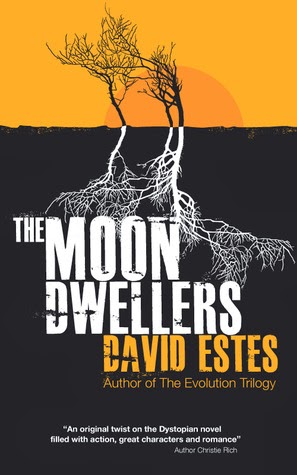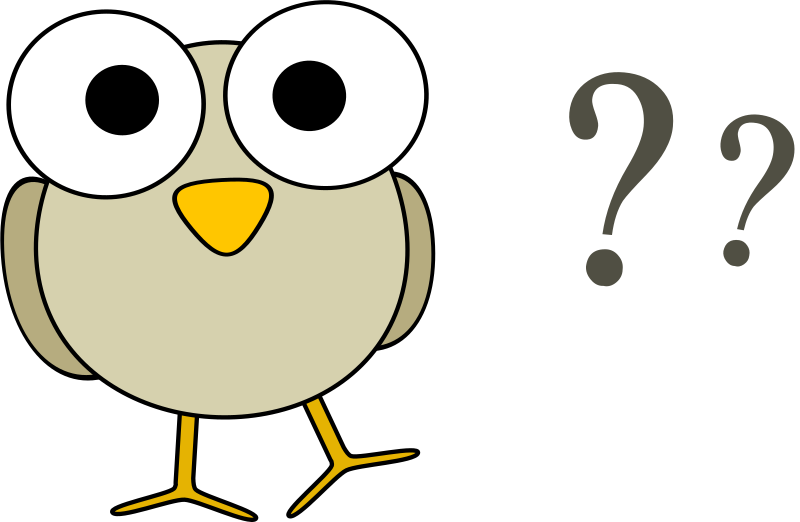A week ago today I published my third book.
You'd think it would get easier with every book, less doubt, more confidence.
I'll tell you this - I was as terrified about a terrible response to the third book as I was about the first. Possibly more.
In fact, I spent the three or four days before Blood Calling came out, asking my Other Half if I was doing the right thing. After all, I kept telling him, it's not like other books are flying off the shelves. Why do I keep putting myself through it all, for so little reward?
Well, two things happened over the course of the following week that answered my question for me.
The first was a couple of brilliant reviews of my first book, The Last Knight. Reviews from readers who had really connected with the book, and loved it.
The second was that I got stuck into writing something that will probably never see the light of day - but I loved writing it none the less.
The point is, these two things reminded me of why I write. And it's not for sales.
The two reviews were from free copies I had provided. I didn't make a dime. But it doesn't matter because I always wrote not for the money, but because I love telling a story that can entertain people. Even if the only person it entertains is me.
I knew when I got into indie publishing that it wasn't about the money. I was never going to make a fortune. It was about getting my books out there, finding people to read my stories (other than just my mother and my Other Half). It was about touching one or two, or if possible, a thousand readers.
But it was never about the money.
Sometimes with the promoting and advertising, and desperately trying to get heard, I think I forget about that. The obsessive (sometimes) checking of the sales graph, the constant research into how I can get my book to a wider audience. That becomes the only focus.
It's good sometimes to remember that I write because I love to write. And those sales? They're just a bonus.
What about everyone else? Do you ever lose track of why you're doing this? What things remind you why you write?
Have a good weekend everyone!


























